By revealing the truth, HRNK is applying pressure not only to the totalitarian regime of the Democratic People's Republic of Korea but the international community at large to effect real change. HRNK’s ultimate goal is to close North Korean gulags, open the borders so citizens can leave the country, and provide access to information throughout North Korea, including breaking the information blockade and preventing widespread access to media and news. We aim to bring about real and substantial change to the policies that obstruct the human rights of every North Korean citizen.
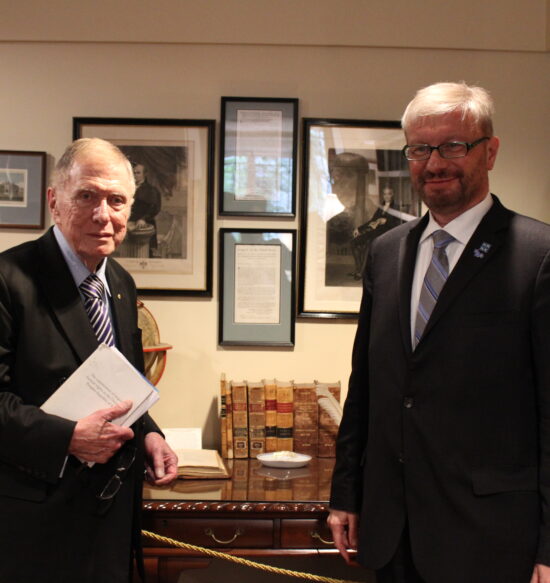
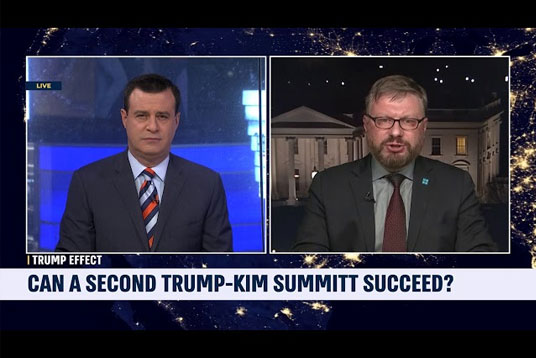
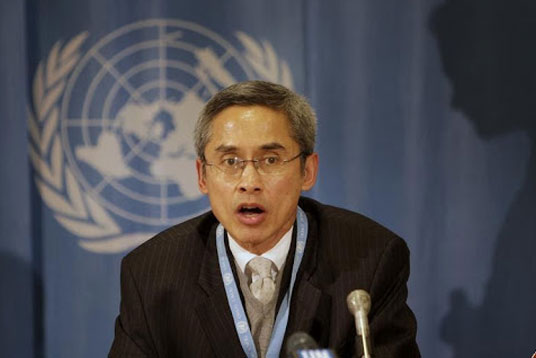
The Committee for Human Rights in North Korea is an advocacy and research organization with a primary aim to educate and advocate for the North Korean people and uncover human rights abuses under the Democratic People's Republic of Korea (DPRK).
We are a group of a distinguished group of foreign policy and human rights specialists with decades of combined experience fighting for human rights.
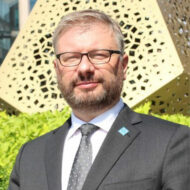
President & CEO

Accounting Consultant

Director of Operations

Managing Editor
The Committee for Human Rights in North Korea is seeking current undergraduate students, recent post-graduates, and M.A. candidacy applicants for semester, 6-month, and 1-year internships at HRNK’s headquarters in Washington D.C. We are also able to accommodate fully remote (virtual) internships. To apply for an internship, fill out our intern application form.

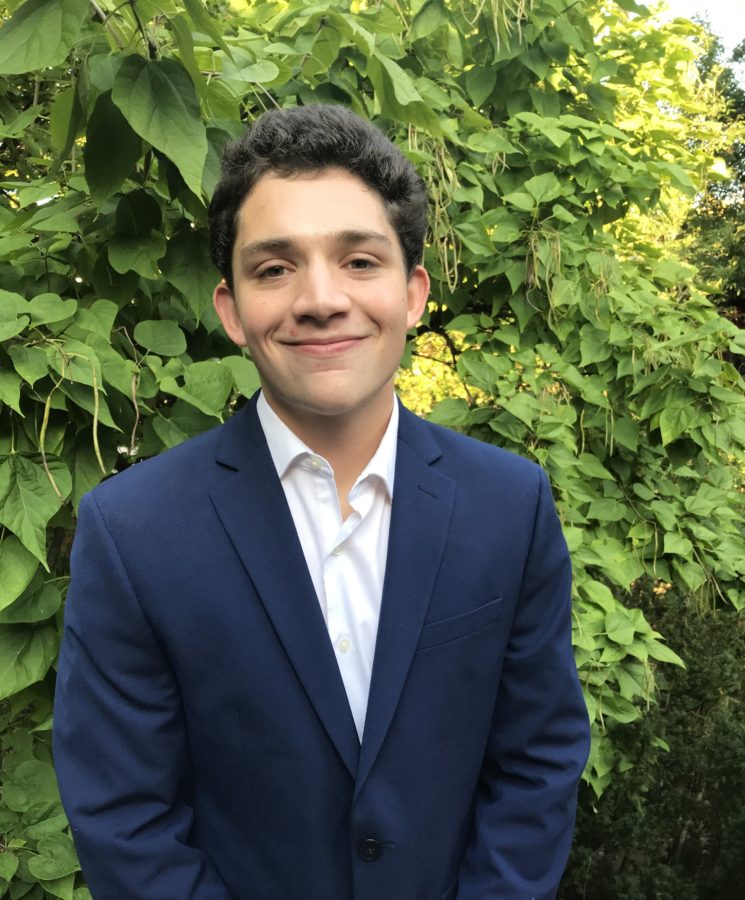





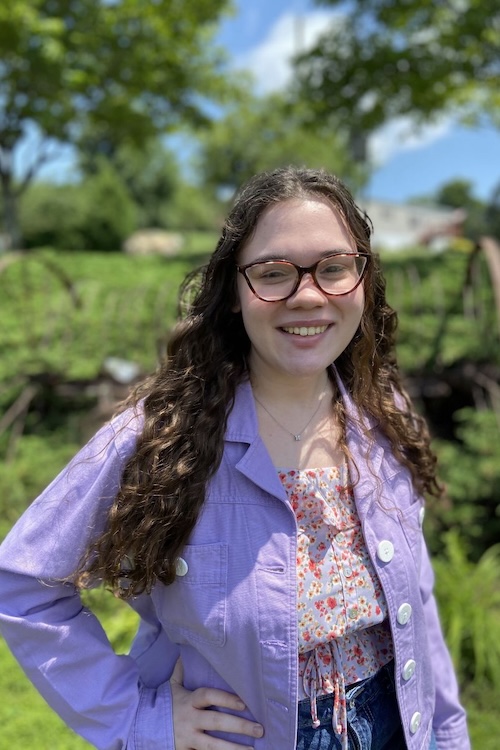

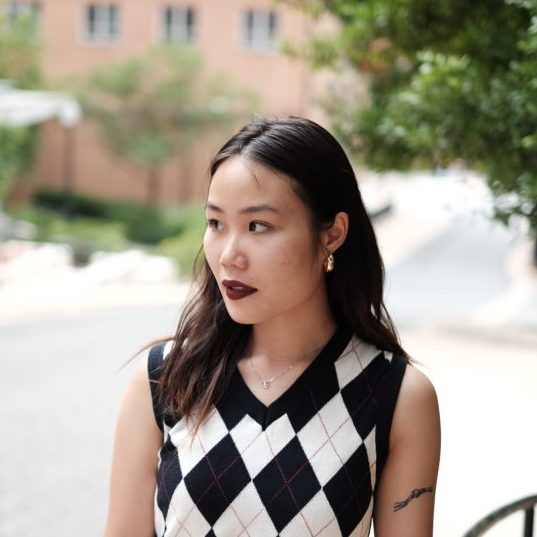


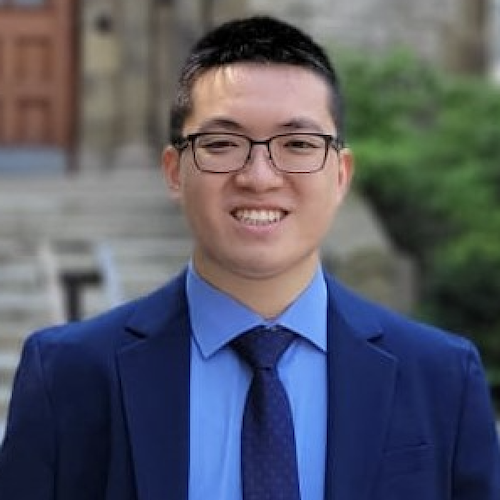




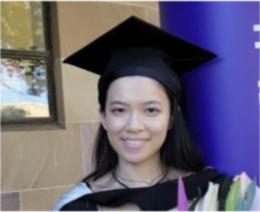



Successful applicants will undergo a formal interview process before being offered an internship. Applications will be processed on a rolling basis. We strongly recommend that applicants apply at least 3 months prior to their anticipated start date. Internships are typically unpaid, but academic credit is honored. A minimum commitment of 20 working hours per week is preferred. Please upload your documents in the .doc format.
